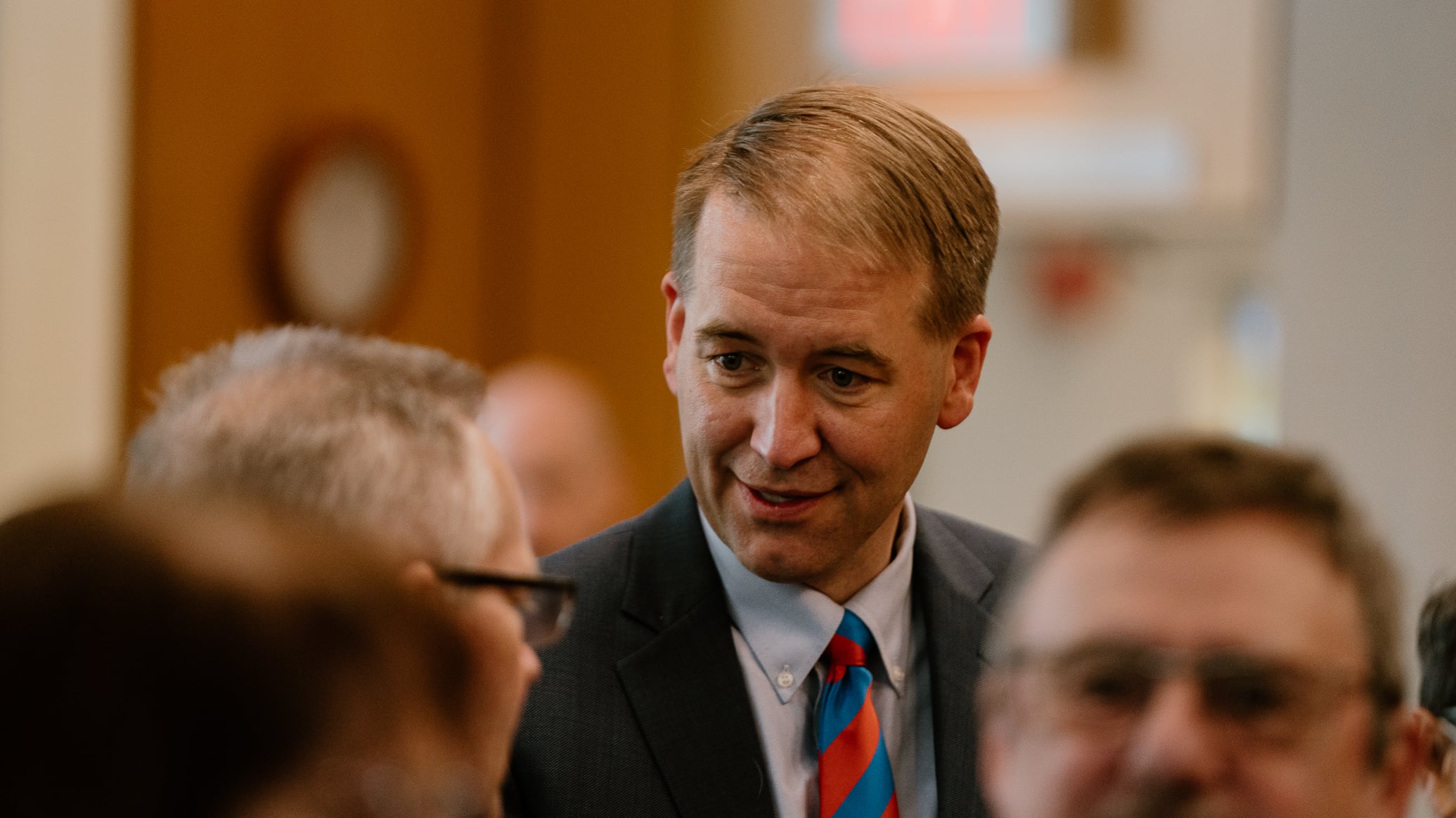Oregon’s Preschool Promise program awarded hundreds of thousands of dollars to providers that enrolled as few as one or two children, according to findings of an Oregon Secretary of State’s Office investigation released Wednesday.
Established in 2015, Preschool Promise, or PSP, serves children ages 3 to 5 whose families are at or below 200% of the federal poverty level, with certain exceptions. It is one of three state preschool programs serving at-need children.
Since July 2023, Oregon’s Department of Early Learning and Care has administered the program. Before then, it was under the early learning division at the Oregon Department of Education.
The investigation, conducted for the years between 2021 and 2024 (PSP fell under ODE for most of that time), found about $1.4 million in payments and awards that appeared “wasteful,” SOS Audits Division director Steve Bergmann wrote in a report to Alyssa Chatterjee, DELC’s executive director. That figure includes $679,836 to providers with low enrollment, $154,700 to unopened sites (with monthslong delays), and $586,950 to grant expansions that were not merited.
“Although this represents a small portion (about 1%) of all PSP payments during fiscal years 2021–24, this is a significant amount of public money,” Bergmann wrote. “These funds could have provided child care for 100 additional children instead of the approximately 13 children actually served.”
The investigation into PSP’s failures comes as Oregonians statewide struggle to afford child care—and as Gov. Tina Kotek keeps close tabs on Multnomah County’s nascent Preschool for All program. Kotek and other Preschool for All skeptics have cited Preschool Promise as one of three state programs that could provide means-tested preschool. The new findings suggest PSP may itself be in need of a more watchful eye.
Since PSP has transitioned from the Department of Education to DELC, the investigation concluded, many of its processes are more sound. (The report outlines a series of technical changes DELC could make to strengthen internal controls.) Auditors were most critical of the oversight under ODE. It was during that time that four sites raked in hundreds of thousands of dollars while enrolling just one or two children.
Under ODE’s oversight, it appears that the agency was also slow to adjust allocated slots. One provider received enough grant awards to fund 36 slots in 2020–21 and 2021–22, but enrolled no children that first year and only one the second before ODE reduced its slots to 10 in 2022–23, when it enrolled just two children. (The Audits Division did not deeply scrutinize 2020–21 payments, citing pandemic-related challenges.)
The Education Department also allowed more lax enrollment thresholds during its years running PSP, the investigation found. In 2022–23, for example, providers receiving four to 40 PSP slots were required to hit a minimum enrollment percentage of 50%. Since DELC took over PSP, the agency has set 100% enrollment targets and used 80% enrollment as its threshold for a low enrollment site.
“As a dad, I know quality child care is hard to find, much less afford, which is why it’s frustrating when programs like this aren’t delivering as much as they can,” Secretary of State Tobias Read said in a release. “Accountability for Preschool Promise and maximizing that program is about doing right by our kids. Oregonians are depending on us to step up and take action.”
Spokespeople for ODE did not immediately respond to WW’s request for comment on the investigation.
Other concerns on wasteful spending during PSP’s time under ODE included three sites that received tens of thousands of dollars even as they faced significant delays in opening. In all, auditors flagged 78 other PSP sites that experienced “some delays” in opening, which they attributed in part to ODE’s delays in sending and executing grants. The auditors also expressed concern that grant expansions were mismanaged and should have considered low enrollment at sites before awarding more money and slots.
Also of note: Auditors flagged that 53 providers statewide received Paycheck Protection Program loans from the federal government meant to cushion small businesses economically during the pandemic. The investigation suggests providers who received PPP funding and PSP funding risked receiving duplicative payments, which could increase the risk of fraud.
“Statute requires us to report potential criminal activity,” Bergmann wrote, adding that the Secretary of State’s Office has shared names of providers with the inspector general at the U.S. Small Business Administration. “The decision on any further investigation or action to take lies with them.”
The bulk of recommendations for DELC are less damning than the scathing allegations against ODE’s management, though the secretary of state left 13 recommendations up to DELC administration, many of them centered on more frequent monitoring of provider sites to prevent future errors. Chatterjee, DELC’s executive director, agreed or partially agreed with all of the recommendations, mostly disputing minor technicalities in the latter instances.
“As a new agency, DELC is committed to transparency, strong financial controls, and continuous improvement to better serve children, families, and communities,” Chatterjee wrote in a July 21 response to Bergmann. “DELC takes seriously our job to steward public funds responsibly, effectively, efficiently, and equitably.”

